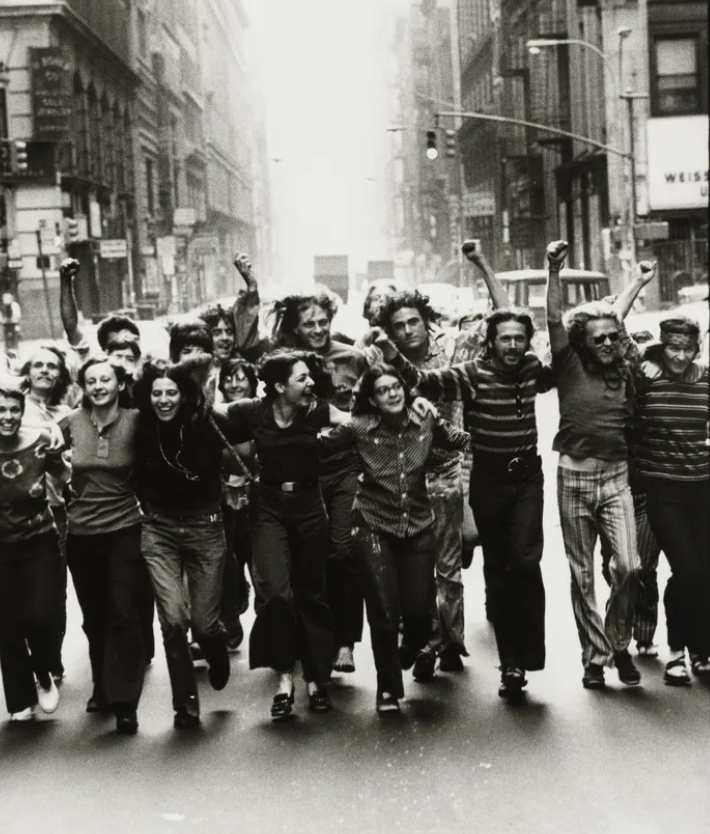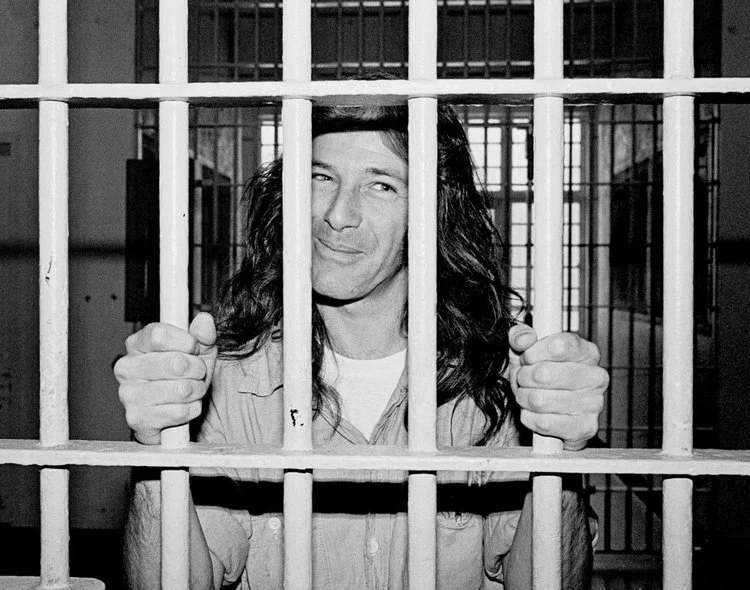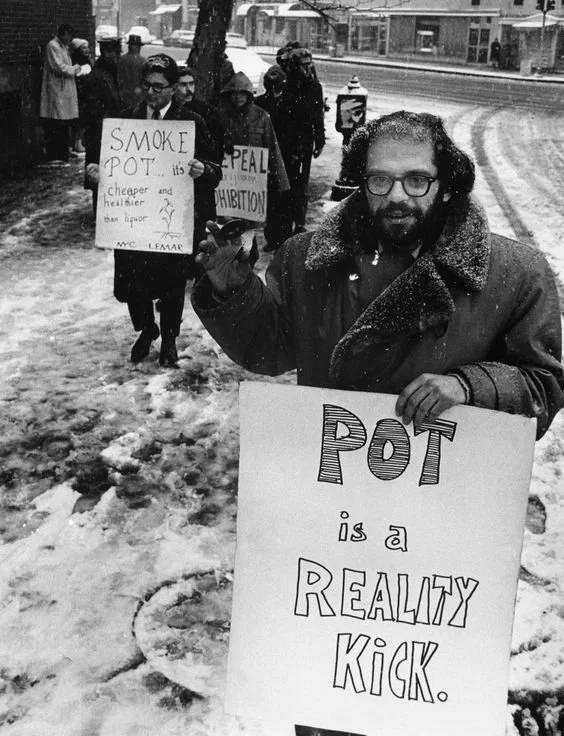Cannabis and the Queer Community Reunite on the Lonnnnnnng Road to Justice
Gay Liberation Front Poster Image, 1970 Photo: © The Peter Hujar Archive
It is a fraught, frustrating, fascinating and fabulous time to be queer.
While many a Pride celebrant may have awoken with a strange bedfellow in June, cannabis and the queer community have long been familiar, albeit somewhat estranged for the last three decades. It was, after all, a San Francisco gay man named Dennis Peron who led the modern legalization movement after his partner died of AIDs-related complications in 1990.
Peron became a cannabis activist after a home raid landed him in jail for possession with intent to sell. While Peron had sold his fair share in the past, this particular supply of marijuana belonged to his boyfriend Jonathon who was using it to ease symptoms of late-stage AIDs. Six years later, in 1996, Peron co-wrote and helped pass Proposition 215, allowing patients throughout the state of California to use marijuana for medical purposes.
Activist Dennis Peron in jail in the late-70s
30 years on, legalization for both cannabis and queer rights, march forward if not in step, then on paths pointed to a similar destiny. And what is this destiny, exactly? That is what the Queer Cannabis Club hopes to find out.
What Is It to be Queer in the New Cannabis Capitalism?
The cannabis industry is as well-intentioned a community of entrepreneurs as you will find, a community that is nonetheless shaped by market forces, government regulations, supply chain quagmires, marketing and financial gymnastics, horrifying tax codes, structural bias and bad graphics. What will emerge from the chaos? Will there be a rainbow after the storm?
Allen Ginsberg, the patron saint of the Queer Cannabis Club
By god, there better be. The queer identity, no matter how co-opted or corporatized, homogenized or persecuted, remains a radical act. Don’t believe the hype. Gay people cannot actually make more gay people. We are re-born everyday in every town and village at complete random. And while we cannot make more gay people, we can make space for them to live and love and organize.
Can an American corporation actually participate in this? Where are the lines between empowerment, well intentioned, but empty gestures and just plain cynical pandering? Dr. Cornell West argues that, “spiritual and moral greatness have nothing to do with skin pigmentation, gender, sexual orientation, or national identity. They have to do with human beings making choices in the name of love and justice, not hatred and revenge.” Let’s try, at the very least, to be proud of the choices we make.



